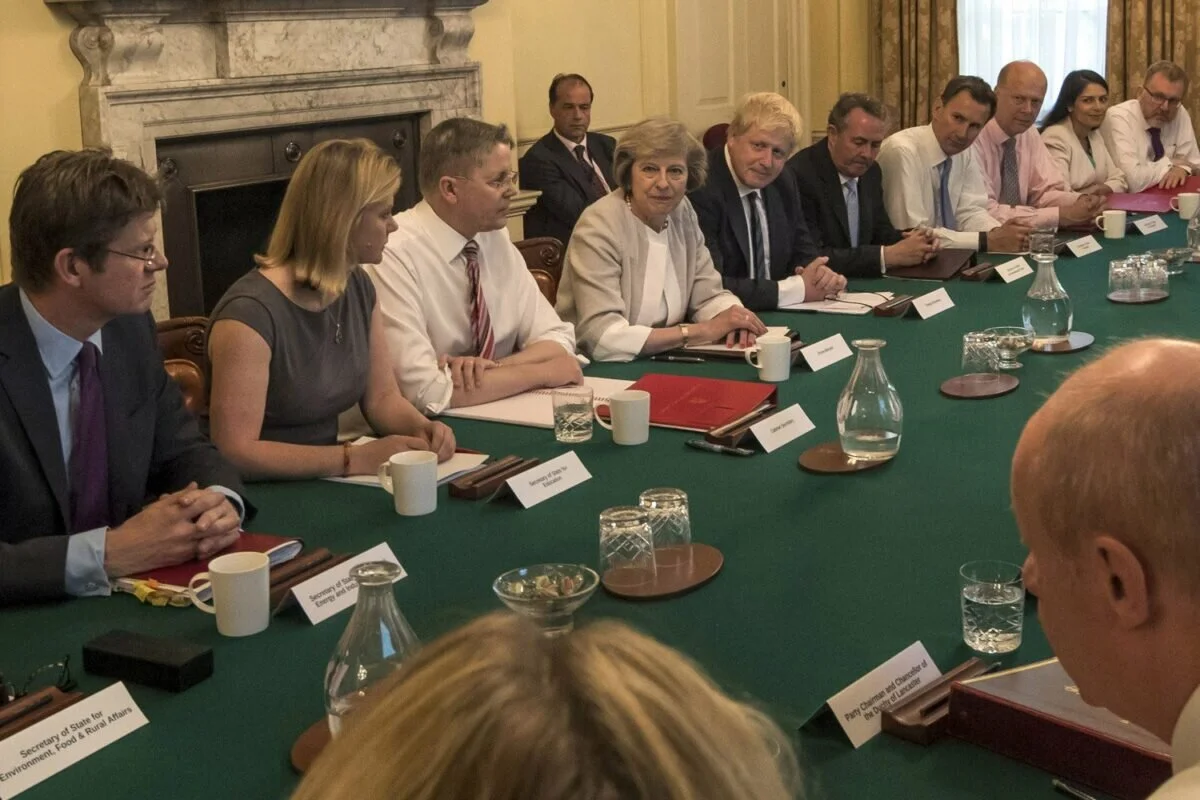Current divisions within the Conservative Party
A huge source of division within the Conservative party is the European Union. While the stance of the government is negotiating a successful Brexit deal it has not been forgotten that Theresa May was herself in favour of remaining during the Cameron government, which opposes the views of other important MPs, such as Boris Johnson and Michael Gove who were strictly leave. Divisions within the Conservative Party have arisen over matters such as the Irish border and staying in the single market and are creating discord within the Party currently. This is evident from the hard Brexit letter sent to Theresa May listing Brexit demands before an important meeting, which was signed by more than 60 backbench MPs. Those more in favour of a ‘soft brexit’ opposed this demanding letter, Nicky Morgan claiming it was more like a “ransom note”. As such the current cabinet has been dubbed the “Brexit War cabinet”, demonstrating the division, which is prevalent in May’s Party. Therefore, it is evident that the question of Brexit is causing division in the conservative party.
The issue of grammar schools has also caused some division. Some Conservative politicians believe that grammar schools are unhelpful in closing the class gap between children at school and therefore promoting equal chance of success. However, other MPs, such as Theresa May believe grammar schools to create opportunities for those who cannot afford the top private schooling. In 2017, May uncovered plans to set aside £320 million for the budget on grammar schools, believing them to aid intelligent children. However, some MPs have opposed this decision, claiming grammar schools to perpetuate elitism and oppose One Nation meritocracy, which May claims to abide by. Former MP, Nicky Morgan spoke out about the plans claiming them “weird”. May’s plans were abandoned due to backlash from MPs, demonstrating the high level of opposition in her party. Therefore, it is evident that May’s policy to expand grammar schools has caused division within the Party, although this is largely overshadowed by the current Brexit negotiations.
Division is also clear on the agenda of scraping the Human Rights Act. So-called Runneymead Conservatives, such as former MP Damien Green, support the Human Rights Act claiming it is central to the protection of our civil liberties and power over Parliament. Meanwhile, other MPs feel the Human Rights Act actually infringes on sovereignty, Theresa May once claiming it was a bigger infringement on independence than the EU. Some Tories have claimed the Human Rights Act is flawed because foreign nationals who have committed crimes are unable to use the act to justify remaining in the UK and therefore it should be replaced with a Bill of Rights. However, May has recently shelved the plans to leave the European Convention on Human Rights till after Brexit negotiations.
Georgina Trott

